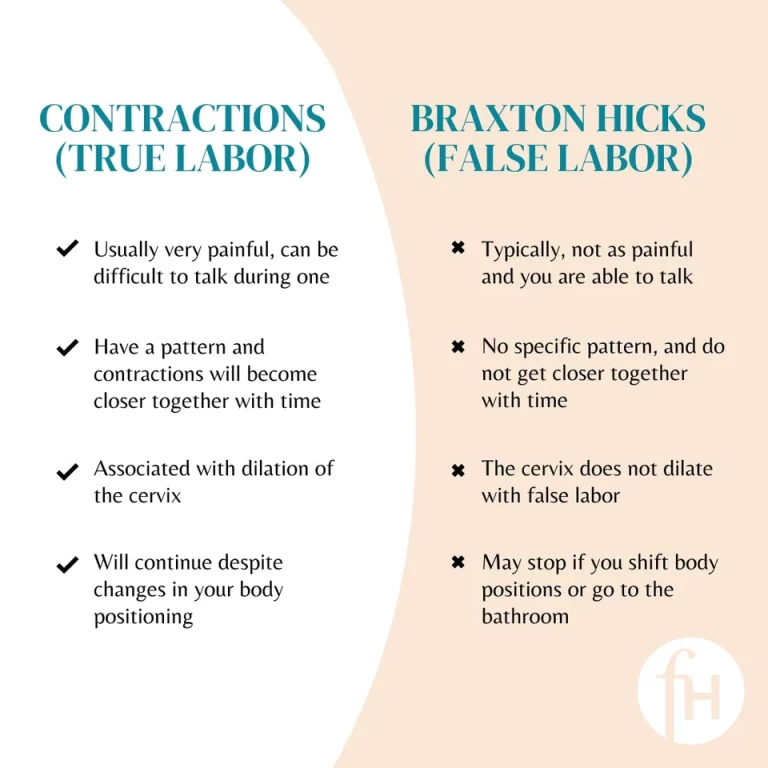Birth Control Pills vs. IUD: Choosing The Right Method
Choosing a birth control method often seems like a difficult task. Women have to consider several factors including effectiveness, safety and side effects while choosing a birth control that is best suited for them.
They also need to consider whether they wish to conceive in the near future before choosing any contraceptive.
If you are finding yourself at a crossroad, read on to know the differences between the two most common contraceptives – birth control pills and IUD. We will also discuss the benefits and pros and cons of each so that you can take an informed decision about the best contraception suitable for you.
Factors to consider while choosing birth control pills vs IUD
Overall health
If your overall health is good and you suffer from no illness linked to hormonal imbalances, hormonal contraceptives including both birth control pills (also called OC pills) and IUDs would be suitable for you.
However, if you suffer from menstrual problems due to PCOD (Polycystic Ovarian Disease), hormonal imbalances, or thyroid disorders, it is best to choose non-hormonal IUDs to reduce the risk of worsening the hormonal imbalances.
How do they work?
You should be aware of the exact way your birth control works when choosing the best contraceptive. Oral Contraceptive (OC) pills work by creating a temporary balance of hormone that is not favorable for pregnancy the same way hormonal IUDs do.
However, the hormonal changes caused due to IUDs may last a little longer than the changes caused due to oral pills.
Effectiveness
Progesterone-only and combined OC pills, as well as IUDs, are considered the best methods of contraception, though IUDs are considered more effective. The lower effectiveness of OC pills could be attributed to the failure of women to adhere to the dosing schedule due to a busy lifestyle or forgetfulness.
Ease of use
It is important to choose a contraceptive that is convenient to use and easily available. OC pills, though easily available, have to be taken orally on a daily basis. Not taking the doses regularly might reduce their effectiveness.
IUDs do not require any action from your side once it is inserted. IUDs can produce a contraceptive effect for 3 to 10 years. Hence, they are considered more convenient for adult women who are sexually active and wish to avoid pregnancy for several years.
Which is the best contraceptive: IUD or birth control pills?
Related: Effectiveness Of Pulling Out Method
Birth-Control Pills
Birth control pills are hormonal preparation you need to take orally on a daily basis. There are two types of OC pills including combined OC pills that contain estrogen and progesterone and progestin-only pills containing only progesterone.
Advantages of birth control pills
- Reduces menstrual cramps
- Lighter periods
- May improve acne
- May prevent iron-deficiency anemia
- Reduces the risk of ovarian and endometrial cancers
- A low failure rate of less than 1%, if used properly
Disadvantages of combined OC pills
- May cause side effects such as cramps, migraines, blood clots, nausea, and recurring headaches
- Have to be taken every day; missing the pills may result in conception
- Not be suitable for women suffering from hormonal imbalances
- Do not offer protection against STDs (sexually transmitted diseases)
IUDs
IUDs or intrauterine devices refer to a T-shaped device that is inserted into the uterus. There are two forms of IUDs called copper IUD and hormonal IUDs. Copper IUDs do not contain hormones and can be used for up to 10 years.
Hormonal IUDs contain Levonorgestrel, a form of female sex hormones. Most hormonal IUDs work for 3 to 5 years.
Advantages of IUDs
- Provides a long-term and safe contraceptive effect
- Suitable for teens and young women who are more likely to forget taking OC pills daily
- The option of non-hormonal IUDs is available for women who suffer from hormonal imbalances
Disadvantages of IUDs
- May cause irregular bleeding and spotting
- Requires you to visit a gynecologist for the insertion and removal of the IUD
- May cause mild pain for a short while after the insertion
- Does not offer protection against STDs
Conclusion
There is no one-size-fits-all method of contraception. You can choose the right birth control method suitable for you based on the factors we discussed above.
We discuss products we think are useful to people. If you buy something through our links, we may earn a commission. Remember to check with your personal physician to see if a product recommended is right for you.








